In a study recently published in the medical journal Nature Medicine , American scientists have developed a new vaccine that has shown encouraging initial results, opening up new hope for patients with these types of cancer, according to the science news site Science Alert.
The vaccine was developed by American scientists, including Massachusetts General Hospital, University of California, University of Iowa, North Shore University Hospital, University of Colorado School of Medicine, City of Hope Hospital, MD Anderson Cancer Center - University of Texas, Memorial Sloan Kettering Cancer Center and Elicio Therapeutics, a biotechnology company specializing in developing new immunotherapies to treat aggressive, advanced cancers.
New vaccine can fight 2 dangerous cancers: pancreatic and colorectal - Illustration: AI
The new vaccine, called ELI-002 2P, targets the KRAS gene mutation, which is responsible for 93% of pancreatic cancers and 50% of colorectal cancers. This mutation is difficult to target in cancer treatment.
The special feature of ELI-002 2P is its ability to deliver the active agent of the vaccine directly to the lymph nodes, where many types of immune cells are concentrated. From there, it "trains" the immune system to recognize and destroy cancer cells carrying the KRAS mutation.
This is a promising advance for patients with KRAS-mutant cancers, especially pancreatic cancer, which is almost certain to recur after standard treatment and has few effective treatment options, said Dr. Zev Wainberg, an oncologist at the University of California.
Promising results
In the trial, the vaccine was given to 25 patients, including 20 after surgery for pancreatic cancer and five after surgery for colorectal cancer. However, tests showed that they still had signs of cancer that could return.
The results were encouraging: After receiving the vaccine, 84% of patients developed T cells specific to the KRAS mutation, which are able to attack cancer cells. Notably, in 24% of participants, remaining traces of the tumor completely disappeared, according to Science Alert.
Of those with the strongest immune response (17 of 24), the majority remained cancer-free after nearly 20 months of follow-up—a remarkable result for two cancers with poor prognoses. And they had a median survival time that was much longer than would be expected.
Another highlight: This is a "off-the-shelf" vaccine that doesn't need to be personalized for each person, so it can be widely used.
Further trials will continue to assess efficacy and safety, but given the high mortality and recurrence rates of pancreatic and colorectal cancers, these early results suggest that the new vaccine could significantly extend life expectancy.
Dr. Wainberg concluded: The new vaccine demonstrates the ability to safely and effectively train the immune system to recognize and destroy cancer-causing mutations. This approach has the potential to generate precise, durable immune responses without the need for complex personalized vaccines.
Source: https://thanhnien.vn/vac-xin-moi-chong-2-loai-ung-thu-nguy-hiem-hieu-qua-day-hua-hen-185250825154044879.htm



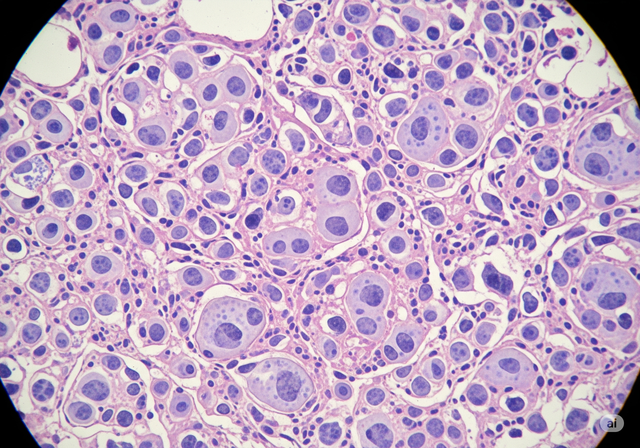

![[Photo] General Secretary To Lam attends the 80th anniversary of Vietnam's diplomacy](https://vphoto.vietnam.vn/thumb/1200x675/vietnam/resource/IMAGE/2025/8/25/3dc715efdbf74937b6fe8072bac5cb30)













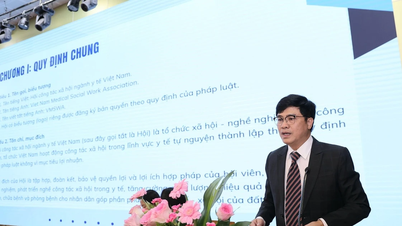

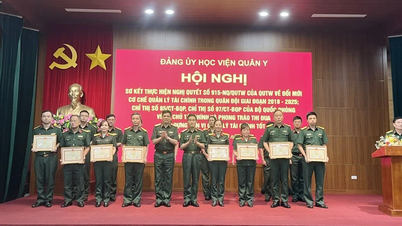

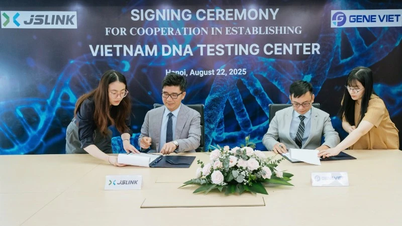




























































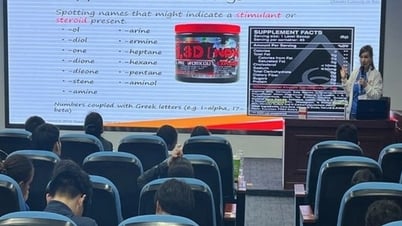


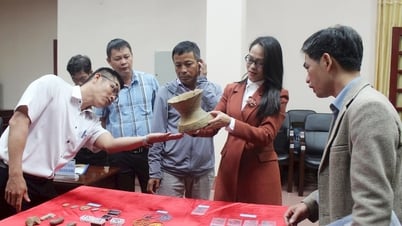






















Comment (0)